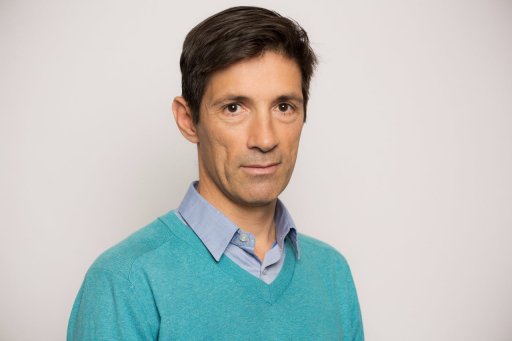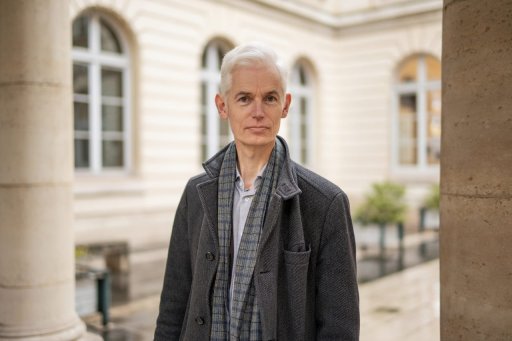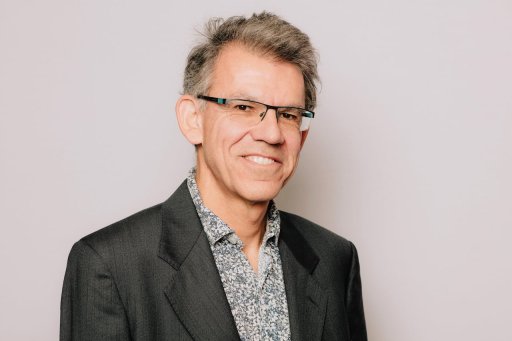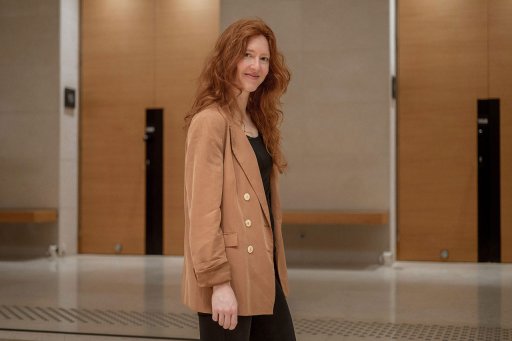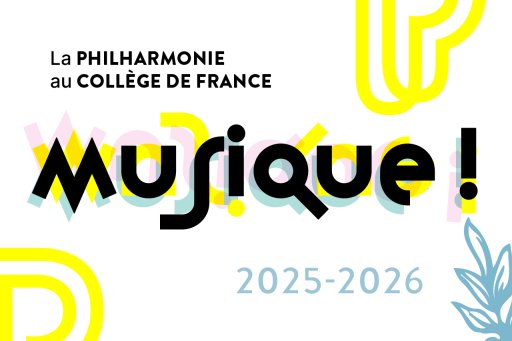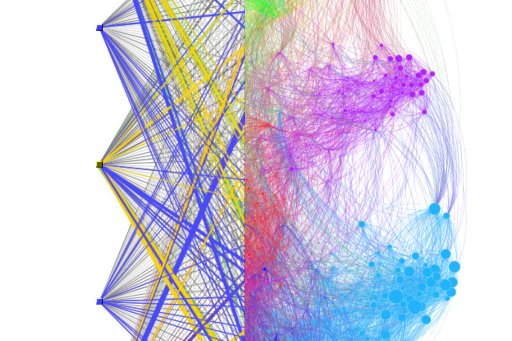GREAT CIVILIZATIONS
2009-2010 program
Every neighborhood, every village, every community in human society is a civilization: a place of exchange, of memory, of training, of shaping the future.
Evoking the "great civilizations" of history means summoning up times and spaces that have welcomed, under the same forms of administration, different human groups, languages and religions, that have left us monumenta and texts, that have aimed to represent the human, a universal conception. China, India, classical Egypt, Alexander's Empire, the Roman Mediterranean, the Arab world and the civilizations of Latin America are all examples of this effort by men to eternalize their conception of society, of public and sacred spaces.
For each of these civilizations, we could repeat the eulogy In honor of Rome written by Aelius Aristides in the heart of the 2nd century AD: "Here is what, in your political regime, particularly deserves attention and admiration: it is the grandiose character of your conception, which has absolutely no equivalent. [...] Neither sea nor land distance excludes citizenship, and between Asia and Europe there is no difference on this point. Everything is within the reach of all; no one is a stranger if he deserves office and trust [...] Everyone converges here as if towards a common agora, to obtain for each what he deserves. What a city is for its own borders and territories, this one is for the entire inhabited world, as if it had been proclaimed its common urban center" (see L. Pernot, Éloges grecs de Rome, Paris, Les Belles Lettres, 1997, p. 88-90).
This eulogy evokes an ideal power where the center is everywhere and the periphery nowhere: thinking of the civilizations that nurture our students in Aubervilliers, and the traditions they are heirs to, Aelius Aristides would perhaps say the same thing: a universe where the center is everywhere and the suburbs nowhere. We need to recognize this, and this year, we need to gather the historical testimonies capable of bringing this universal center to the heart of our neighborhood, of our experience.
The reality and problems of the contemporary Arab East
Henry Laurens
Professor at the Collège de France,
Chair of Contemporary History of the Arab World
Monday, May 10, 2010
7pm, Théâtre de la Commune d'Aubervilliers
2 rue Edouard Poisson (Métro Quatre-Chemins, Bus 150, 170)
Native American civilizations
Philippe Descola
Professor at the Collège de France,
Chair of Anthropology of Nature
Monday June 7, 2010
7pm, Lycée Le Corbusier d'Aubervilliers
44 rue Léopold Réchossière (Métro Quatre-Chemins, Bus 249)
Free admission, booking essential: 06.21.20.59.55
monday to Friday, 9 a.m. to 5 p.m
Contacts
Claudine Joseph-Mairie d'Aubervilliers : egc@mairie-aubervilliers.fr
Marie-Hélène Lévi-Collège de France: marie-helene.levi@college-de-france.fr
In partnership with Lycée Le Corbusier, Conservatoire à Rayonnement Régional Aubervilliers - La Courneuve CRR 93 and Théâtre de la Commune.
With the support of Fondation EDF DiversiTerre, Fondation Hugot du Collège de France and France Culture.






